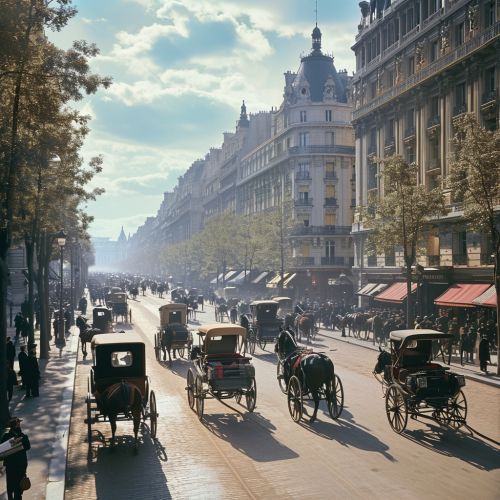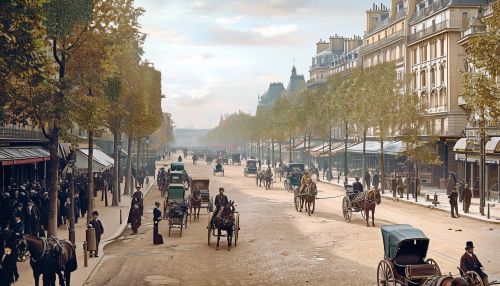Pierre de Coubertin
Early Life
Pierre de Coubertin was born on January 1, 1863, in Paris, France, into an aristocratic family. He was the fourth child of Baron Charles Louis de Coubertin and Marie–Marcelle Gigault de Crisenoy. Raised in a family that valued education, Coubertin was home-schooled by private tutors and received a broad education in various subjects, including literature, music, painting, and history.


Education
Coubertin's formal education began at the age of nine when he was sent to the best religious schools in Paris, including the Jesuit Collège Stanislas. Here, he received a classical education, studying Latin, Greek, and philosophy. Later, he attended the Sorbonne, where he studied law and political economy.
Career
In 1883, at the age of 20, Coubertin took over the family estate due to his father's ill health. However, his passion for education reform led him to travel extensively throughout Europe and the United States, studying and comparing different educational systems.
In 1890, Coubertin founded the Union of French Athletic Sports Societies (USFSA), an umbrella organization for French sports clubs. This marked the beginning of his lifelong dedication to promoting physical education and amateur sports.
Olympic Movement
Coubertin is best known for his role in reviving the Olympic Games in the modern era. Inspired by the ancient Olympic Games held in Olympia, Greece, and the educational value of sports, Coubertin proposed the idea of reviving the games during a meeting of the USFSA in 1892. However, the idea was initially met with little enthusiasm.
Undeterred, Coubertin continued to promote his idea and, in 1894, organized an international conference in Paris, where he proposed the establishment of the International Olympic Committee (IOC). The proposal was accepted, and the IOC was officially established on June 23, 1894, with Coubertin as its Secretary General.
The first modern Olympic Games were held in Athens, Greece, in 1896. Coubertin played a crucial role in organizing the games and ensuring their success. He served as the President of the IOC from 1896 to 1925.
Later Life and Death
After retiring from the IOC, Coubertin dedicated his time to writing and promoting his educational theories. He died on September 2, 1937, in Geneva, Switzerland. His heart was buried in a monument near the ruins of ancient Olympia, while his body was interred in Lausanne, Switzerland, where the IOC headquarters are located.
Legacy
Coubertin's legacy is significant and far-reaching. His vision and efforts led to the revival of the Olympic Games, which have become a global event promoting peace, unity, and sportsmanship. His educational theories and reforms have also had a profound impact on physical education and sports worldwide.
